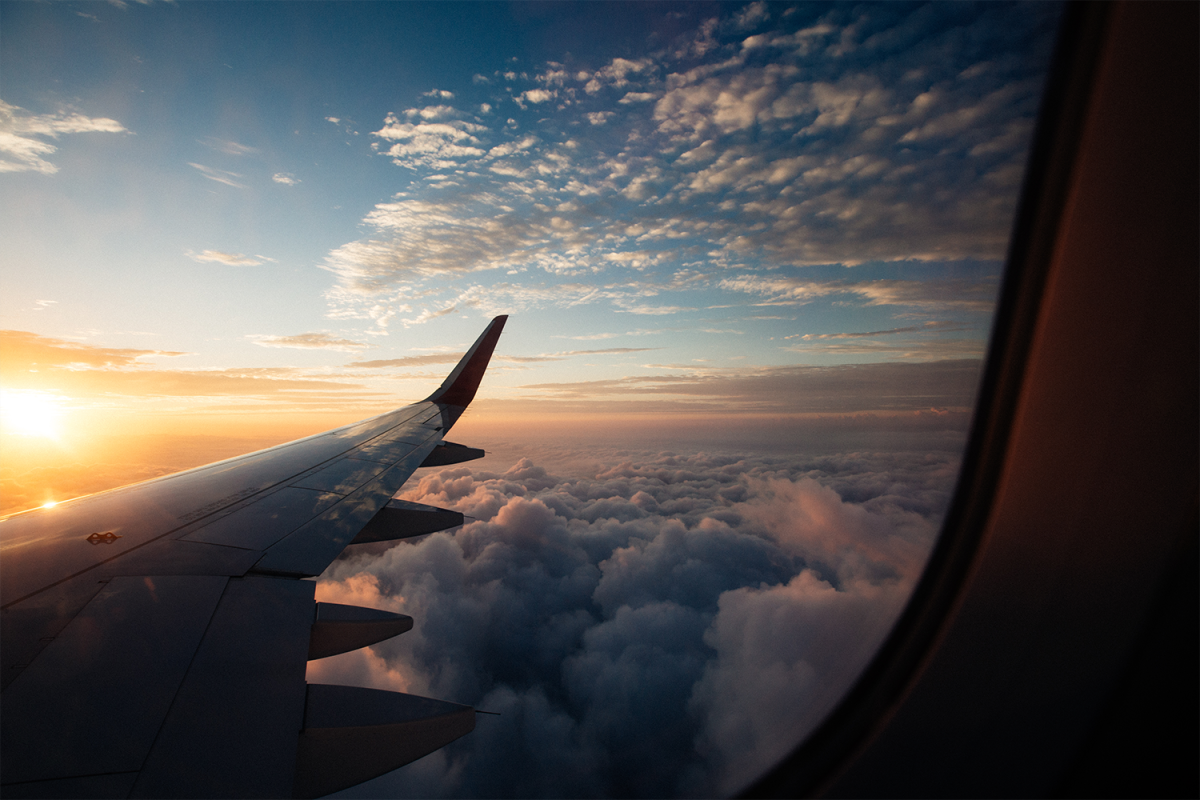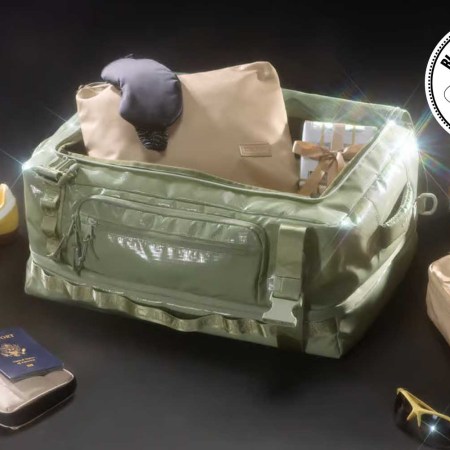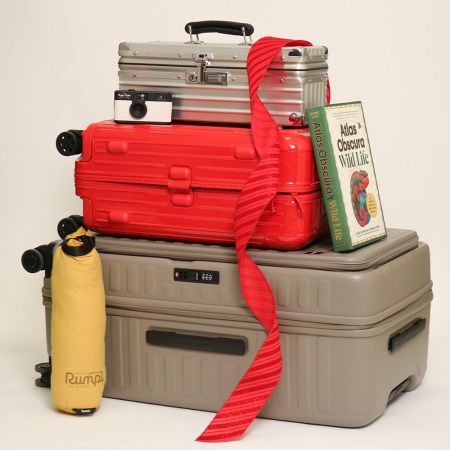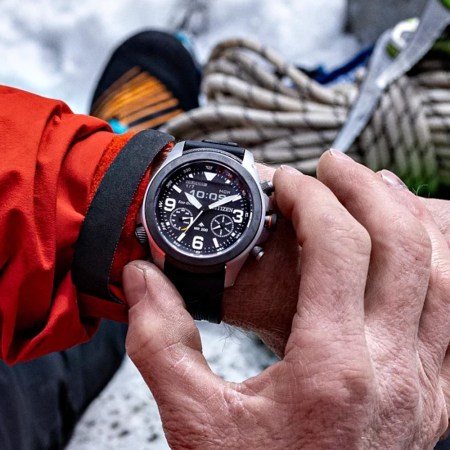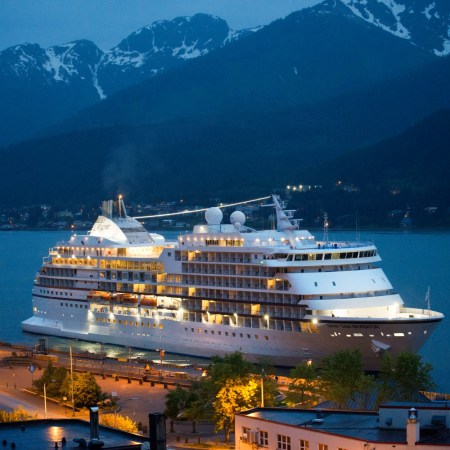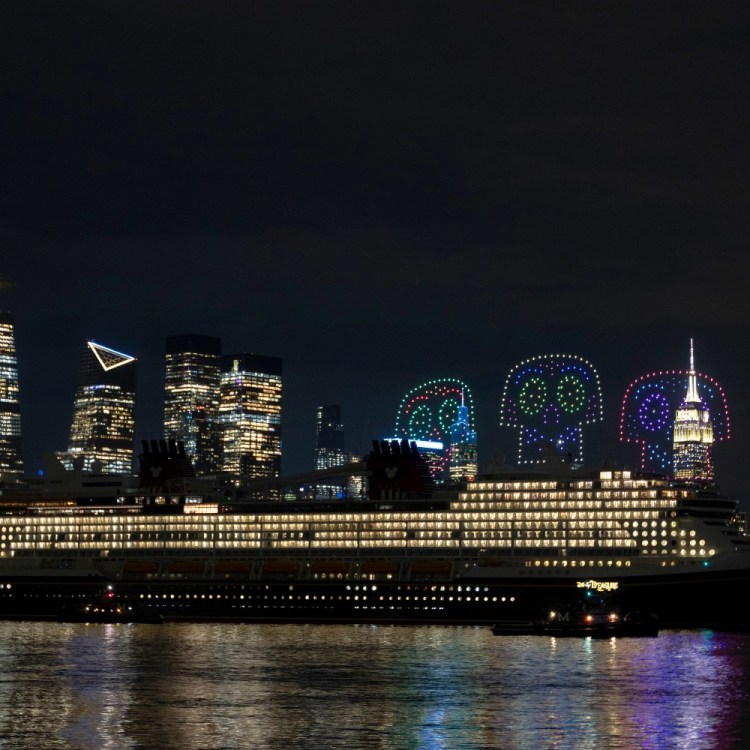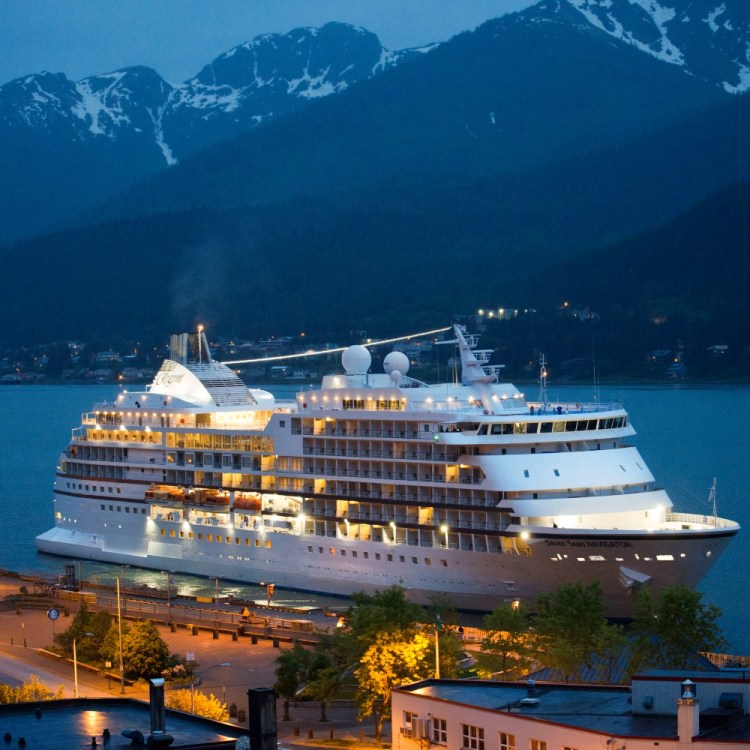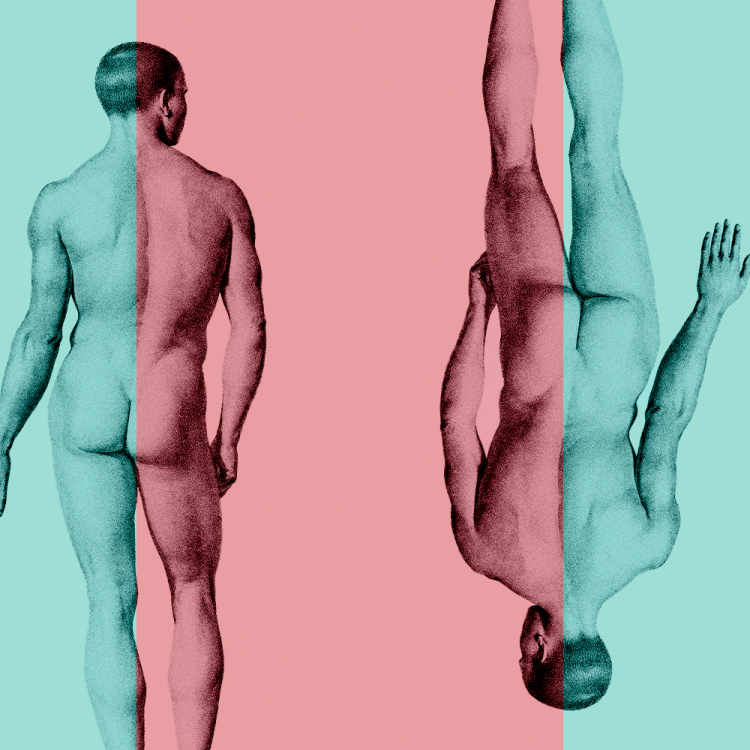Per a new report from Paddle Your Own Kanoo, United Airlines has decided that — after only two years — it will no longer request that passengers raise their window shade for both takeoff and landing.
It’s not particularly groundbreaking news, except that until recently United was the only major U.S. carrier requesting passengers do so. In fact, as Mateusz Maszczynski points out, it’s a measure that’s mandated in nearly every other jurisdiction around the world, making the U.S. airline industry singularly unique in that it is not federally required. It’s the number one reason United has chosen to scrap the ask, as that’s technically all it was.
That said, having your window shade up at takeoff and landing is largely a matter of safety.
“From a safety standpoint, open shades help improve situational awareness,” a rep from the Flight Safety Foundation told Condé Nast Traveler in 2020. “For example, during an emergency evacuation, flight attendants or passengers need to be able to see outside to determine whether it’s safe to open and use an emergency exit. You don’t want to send someone out an over-wing exit if the engine on that side is still running or on fire.”
Further, there have also been reports in recent years of abnormal ice accumulation on the wings of aircrafts, discovered first by passengers with their window shades up. It’s an issue over which the Association of Flight Attendants and the Federal Aviation Administration been at odds for years, with the former pushing to make it enforceable.
“The moment an evacuation is necessary is not the time to waste precious seconds opening window shades,” the FAA has said.
So while you likely won’t be asked to do so, should you be making a conscious effort to raise your window shade at takeoff and landing? The answer is … probably yes. Despite it being a very small thing that likely hasn’t made any situation exponentially worse, as a passenger, it’s really only a matter of preference and one that stems from comfort. Best case scenario: you’re treated to a cool view. Second best case scenario: you get to be the first to tell the flight attendants that the plane is on fire.
Thanks for reading InsideHook. Sign up for our daily newsletter and be in the know.
